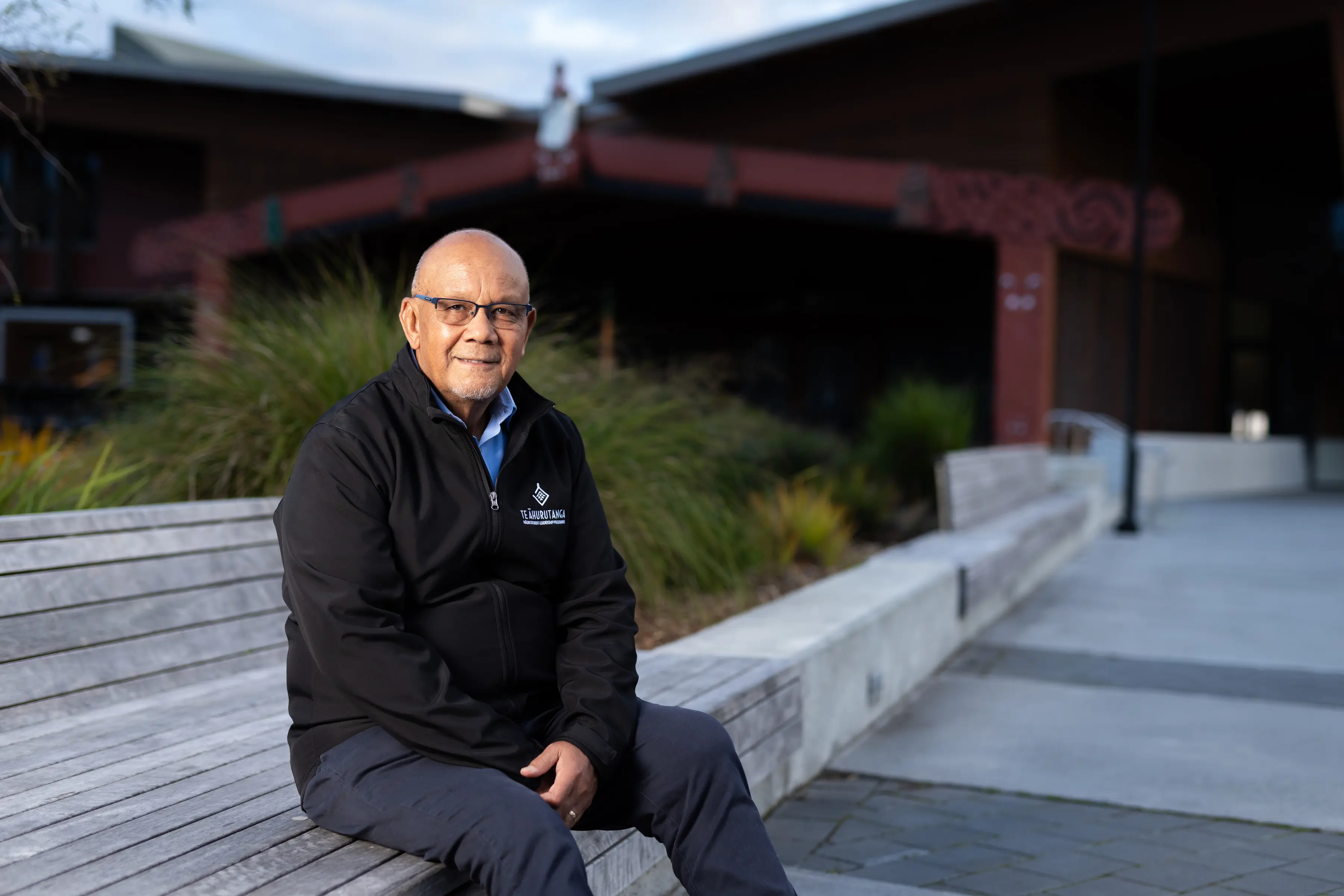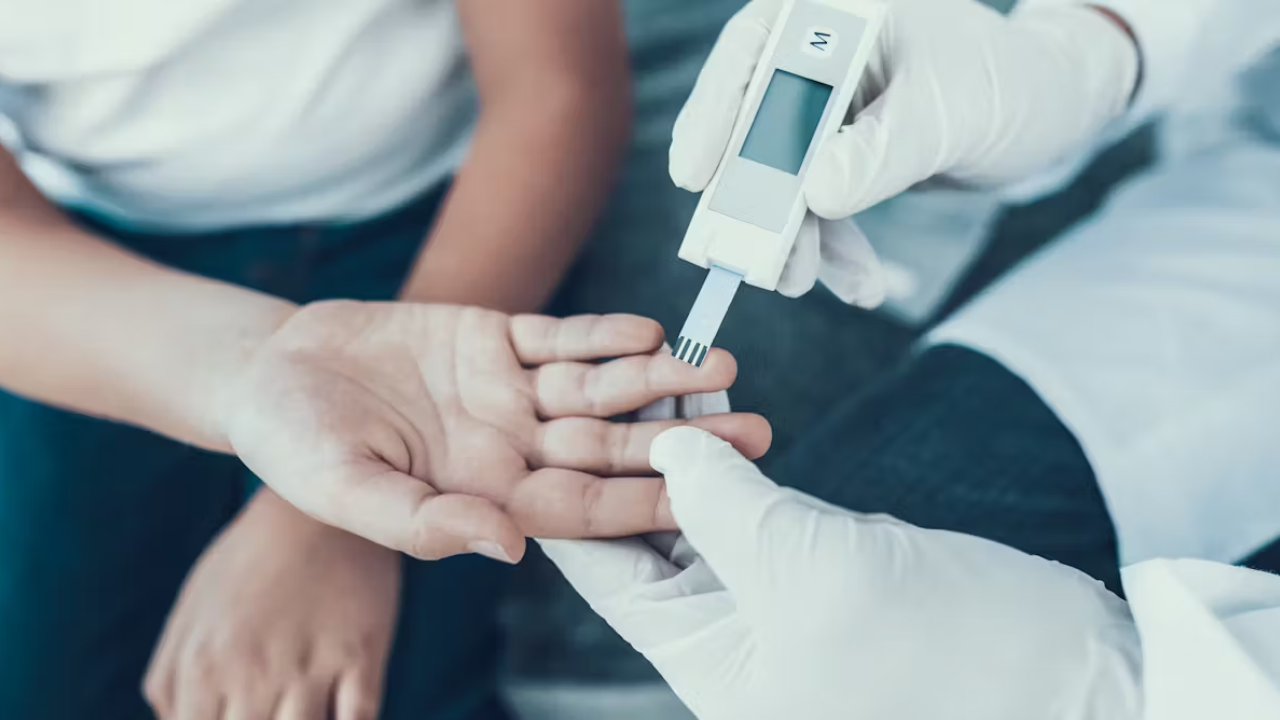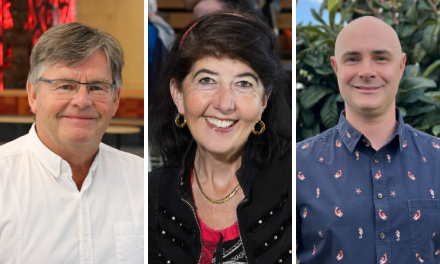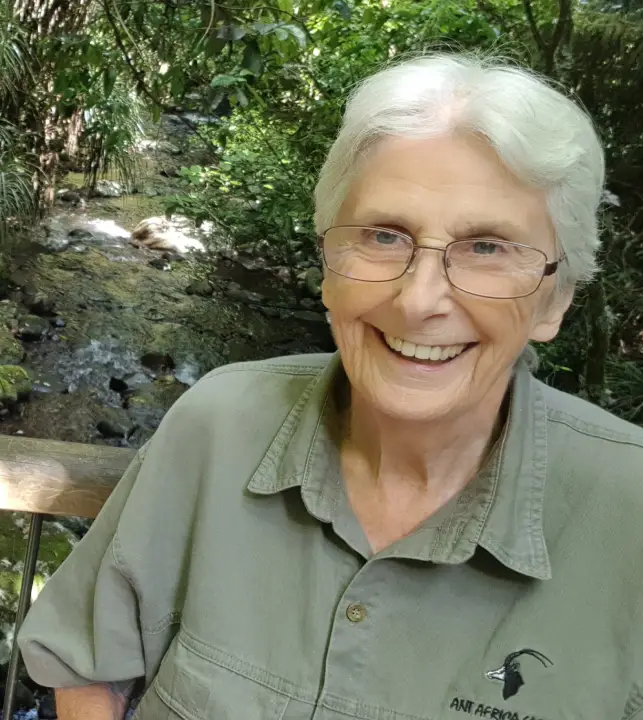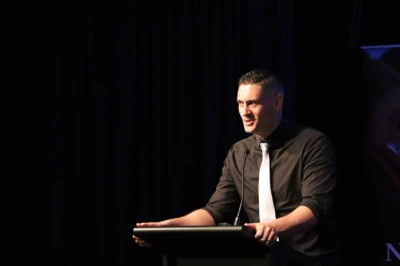
Dr Mahonri Owen’s European and Māori heritage, Ngāpuhi and Ngāti Tūwharetoa, have played a big role in his career.
Inspiring the next generation of Māori researchers through his work helping amputees regain quality of life using neural prosthetics is what drives University of Waikato academic, Dr Mahonri Owen.
As one of five academics from the University selected for Te Kei, a national Māori academic development programme funded by the New Zealand Vice-Chancellors Council, Dr Owen wants to show Māori students they have a vital place in the fields of engineering and science.
Dr Owen’s European and Māori heritage, Ngāpuhi and Ngāti Tūwharetoa, have played a big role in his career but as Māori and Pacific Islander people make up just two per cent of New Zealand’s STEM workforce, Dr Owen admits he hasn’t always felt like he belonged.
“As an example, I am the only Māori academic within the school of Engineering at the University. It wasn’t until just a few years ago that I realised that it’s alright for me to be a Māori doctor in engineering and that I should feel comfortable here.”
Guided by Mātauranga Māori, Te Kei has been designed to support the professional and personal development of early career Māori academics and to increase Māori leadership and management capability across Aotearoa’s universities.
“Māori haven’t always been thought of as scientists and engineers, but we came to this place on boats, well before anyone else did. That’s just one of many beautiful examples that I share with tauira Māori about their heritage. I expect them to be great scientists because their ancestors were,” says Dr Owen.
The Te Kei programme consists of a three-day marae based wānanga and online modules and Dr Owen says he is looking forward to meeting other Māori early career academics, learning more about higher education, governance, management and making connections across Aotearoa.
“I hope to understand these things so I can effect positive change for all New Zealanders. Particularly in engineering where Māori are underrepresented and so needed.”
Dr Owen actively supports programs like the Pūhoro STEM academy that mentors 1500 STEM students nationwide and the Kudo Science Trust, Science Spinners delivering programmes for years 9-13 students.
“I’m not the solution but to have more Māori in roles like mine that would be amazing. One of the things that helped me was seeing Māori in the space that I want to be in and for me that was Associate Professor Te Taka Keegan,” says Dr Owen.
Dr Owen’s research lies at the intersection of prosthetics and autonomous robotics, weaving mātauranga Māori into the development of neural controlled prosthetics to help to address the social, mental, and spiritual impacts for amputees.
“When someone loses their hand or limb, initially it’s thought to be a physical disability. They are shocked and traumatised from the loss of something they have had their whole life. But the impact is also social, mental and spiritual. It’s not a problem you can solve just by giving them an artificial hand and saying ‘here, take this’,” Dr Owen says.
At any one time in the world there are around 40 million amputees and around 40 percent of all prosthetics developed are rejected or sit unused in cupboards. Dr Owen says using indigenous knowledge, prosthetics can be developed to reduce the rejection rate and transform amputees’ lives.
“In te ao Māori the whanau is the central unit so to be able to empower somebody to hold their family and participate more fully in their community that’s a beautiful thing,” says Dr Owen.


